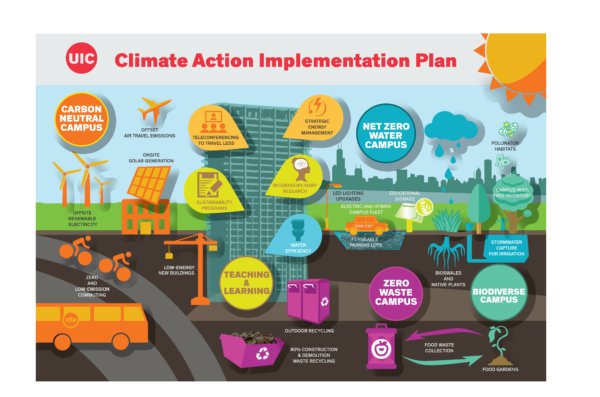

In the UK, more than 100 signatories–including all major UK food retailers and food service companies – have committed to work together in order to reduce the environmental impact of food waste and loss as part of the Courtauld 2025 agreement. Meanwhile, in Canada, eight leading companies have committed to take measurable action to prevent and reduce food waste in their own operations by 50 percent by 2025 relative to a 2016 baseline. businesses committed to meeting a national food loss and waste reduction target of 50 percent by 2030. grocery and supermarket chains, including Ahold Delhaize, Kroger, Sprout Farmers Market, Walmart, Wegmans, and Weis Markets are part of the 2030 Champions, a coalition launched by the United States Department of Agriculture (USDA) and the Environmental Protection Agency (EPA) that comprises U.S. Shareholders hungry for additional disclosure Reducing food loss and waste is an important strategy to help meet the UN SDGs by 2030, contribute to the Paris Agreement on climate change, and sustainably feed the planet by 2050. One third are pursuing actions at scale to reduce waste in their own operations.Over 40 percent are measuring their food loss and waste.Over two thirds have set targets in line with SDG 12.3.Here’s how the world’s 50 largest food companies have responded: The 12th SDG seeks to “ensure sustainable consumption and production patterns.” Under this goal, SDG 12.3 calls for halving per capita global food waste at the retail and consumer levels and reducing food losses, including post-harvest losses, along supply chains by 2030. At its heart are the 17 Sustainable Development Goals (SDGs), which are an urgent call for action by all countries – developed and developing – in a global partnership.”

In setting out its SDGs, the United Nations stated: “The 2030 Agenda for Sustainable Development, adopted by all United Nations Member States in 2015, provides a shared blueprint for peace and prosperity for people and the planet, now and into the future. Show how they address environmental and social factors associated with food waste.Report on the strategies they have in place to manage the issue.The Board recommends that companies do the following: The Sustainability Accounting Standards Board cites food waste as a material issue impacting food retailers’ and distributors’ performance. Towards Sustainable Development Goals (SDGs) Both of these issues could ultimately translate into financial losses for companies. A company’s mismanagement of this issue could cause reputational damage. Consumers are also becoming increasingly concerned about companies’ efforts to solve the global problem of food waste. The negative environmental effects are just part of the problem. It also has the potential to feed more people, increase economic benefits, and preserve threatened ecosystems. Cutting back food waste represents one of the greatest opportunities for individuals, companies, and communities to help reverse global warming. Research conducted by Project Drawdown ranked cutting down on food waste third on its list of solutions to climate change. Reducing food waste is thus one of the most important things we can do to reverse global warming. This includes processing, packaging, cooling, storing, and transporting costs. When food is wasted, so are all the energy and resources that went into producing it. That’s more than twice the number of undernourished people in the world. According to the UN Food and Agriculture Organization (FAO), ending food waste would preserve enough food to feed two billion people. Approximately US$1 trillion of food is either lost or wasted annually – an amount that accounts for nearly one-third of the world’s food. Globally, there is growing consensus that further action is required to address food loss and waste. By Corporate Governance and Responsible Investment Team, RBC GAM


 0 kommentar(er)
0 kommentar(er)
